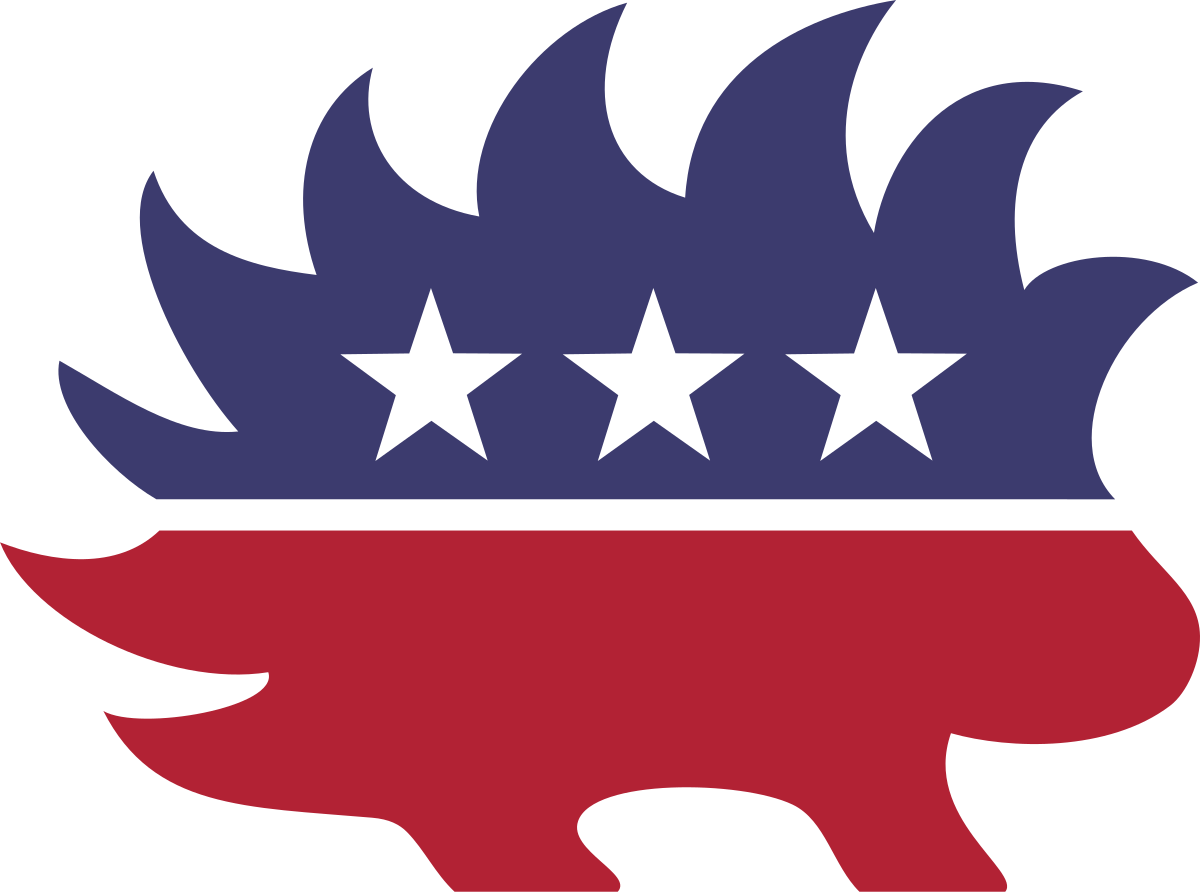1. What is a faction?
A faction is a subgroup within a larger group with slightly differing views. Also known as sects or in terms of politics, parties.
2. Are factions good or bad?
According to Publius, factions are bad because they:
- lessen political efficiency
- focus on only their needs as a faction
- lessen national unity
- fall victim to personal bias
3. Why are factions so difficult to eliminate?
Factions are difficult to eliminate because they associate themselves with freedom--if you were to openly destroy factions, it would violate freedom of speech and other freedoms. Factions are formed through differing views, which are inevitable. Therefore you must either remove people's liberty to eliminate a faction or change their mind, which is difficult because individuals are unique in their beliefs.
4. If factions cannot be removed then how can they be controlled?
Factions can be controlled by diluting their beliefs via larger population sizes. The more people there are, factionary ideas will only succeed when it is beneficial to the majority because there are multiple factions.
federalist paper number 10

The libertarian party is a faction quelled by the large population
Comments
Post a Comment